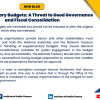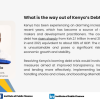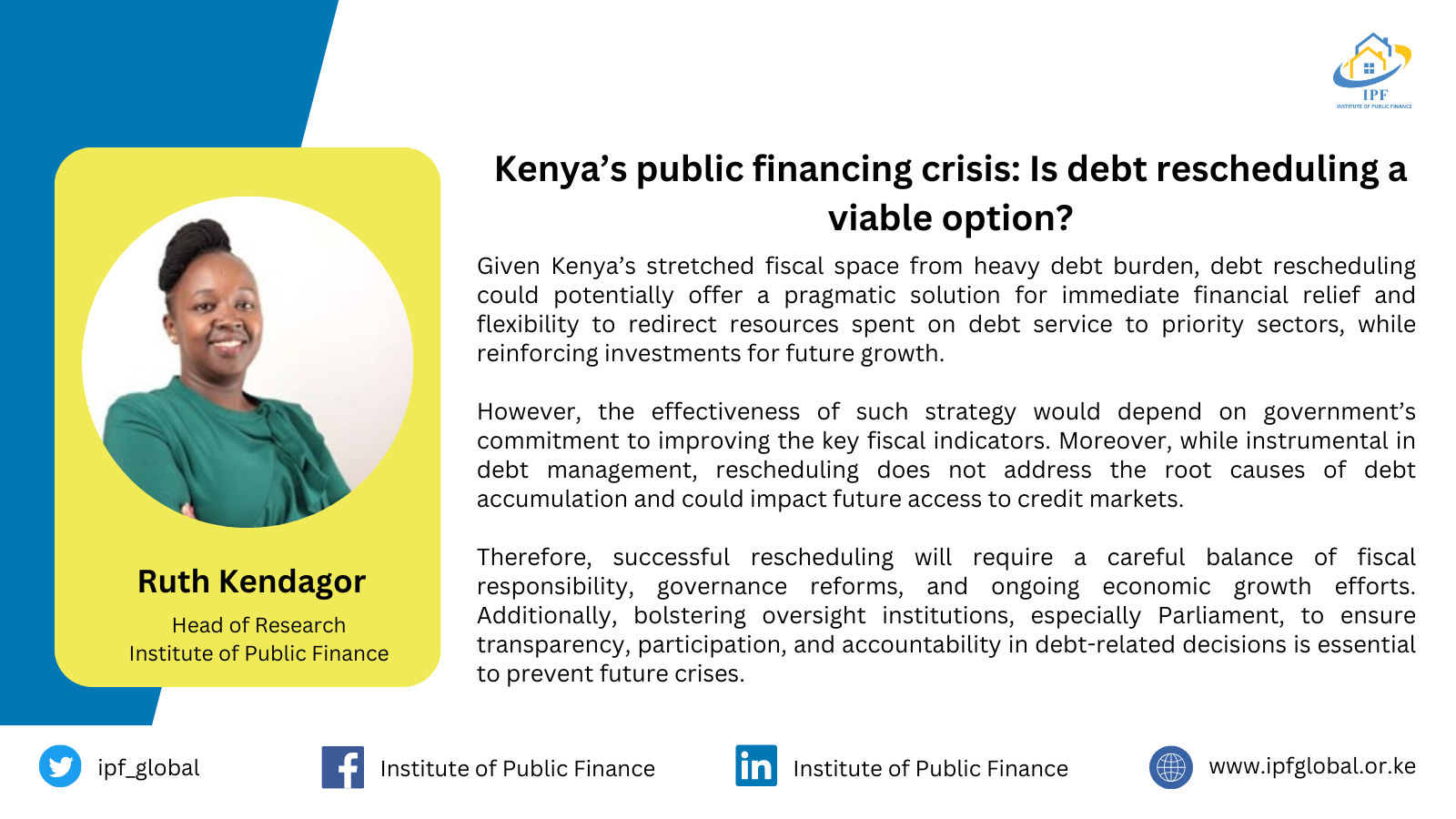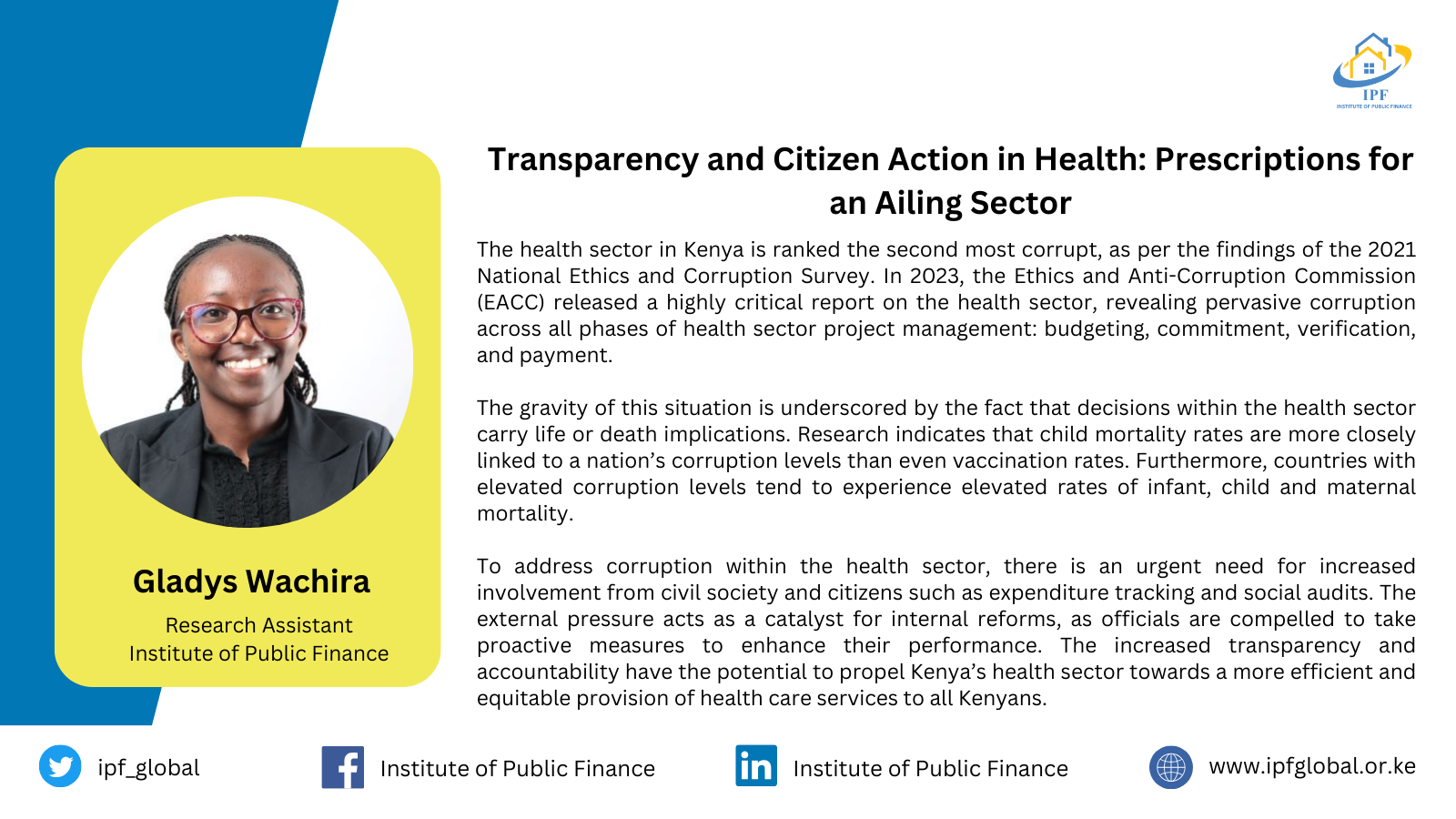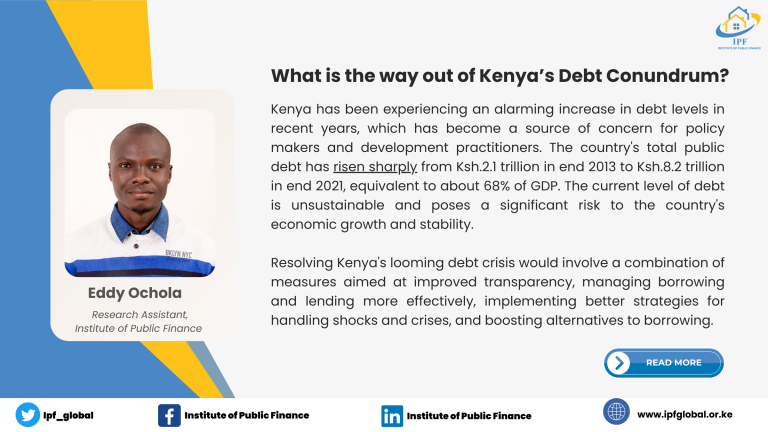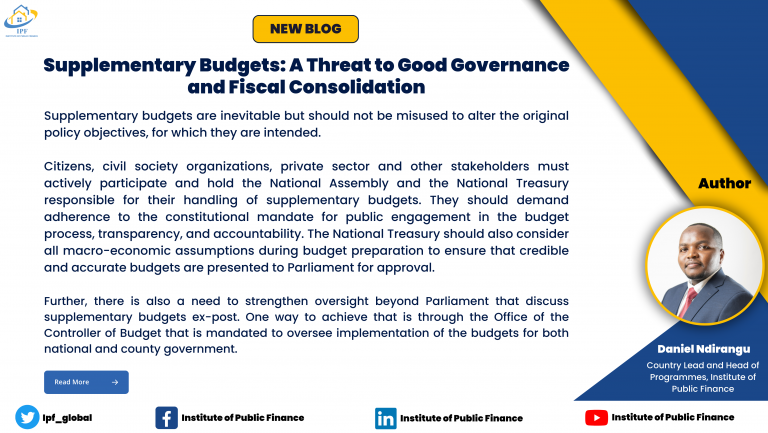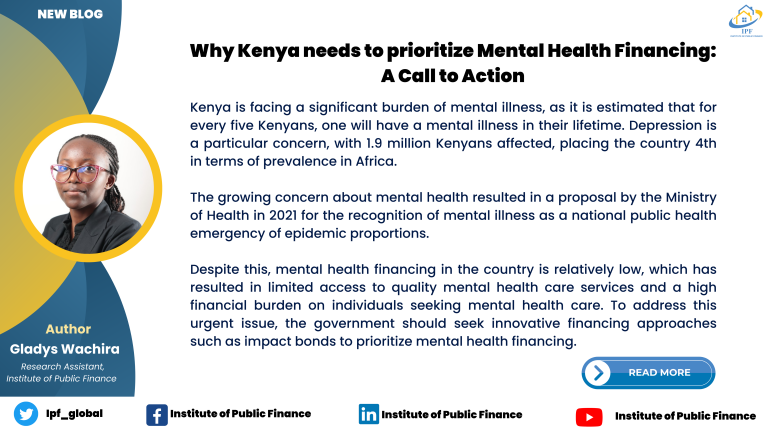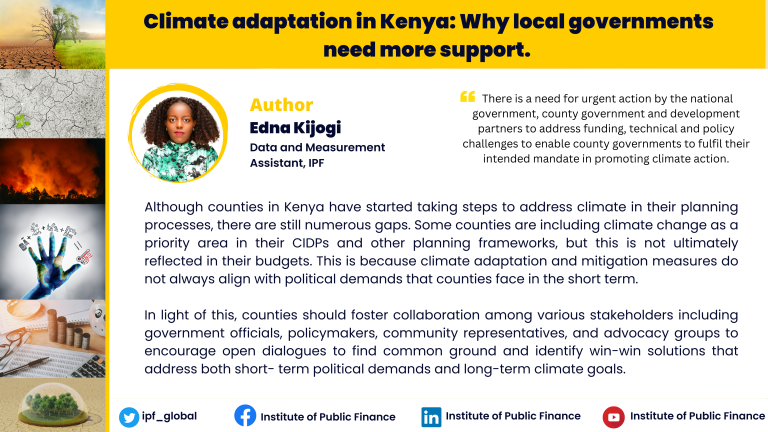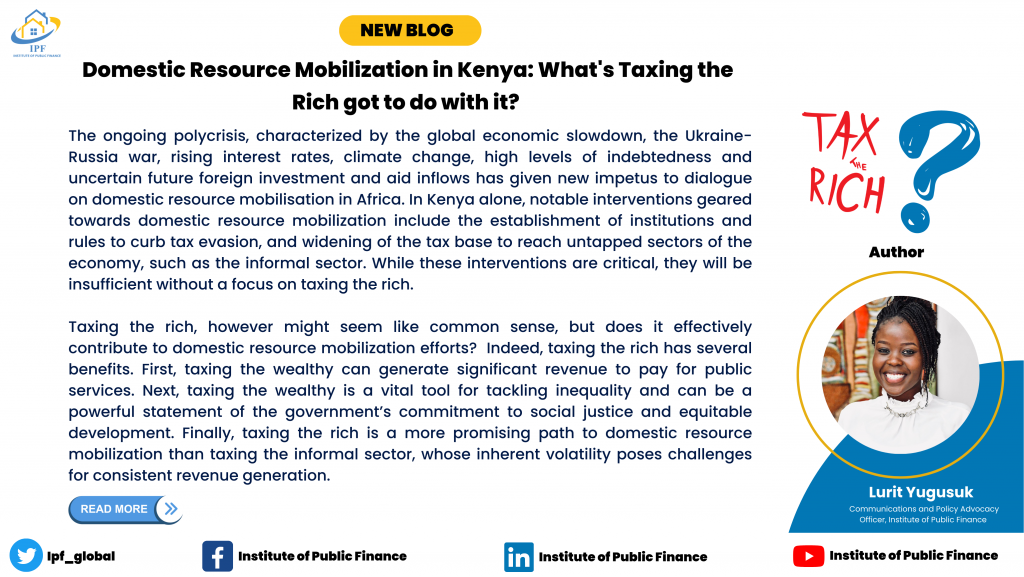
The ongoing polycrisis, characterized by the global economic slowdown, the Ukraine-Russia war, rising interest rates, climate change, high levels of indebtedness and uncertain future foreign investment and aid inflows has given new impetus to dialogue on domestic resource mobilisation in Africa.[1] In Kenya alone, notable interventions geared towards domestic resource mobilization include the establishment of institutions and rules to curb tax evasion[2],and widening of the tax base to reach untapped sectors of the economy, such as the informal sector[3]. While these interventions are critical, they will be insufficient without a focus on taxing the rich.
In a 2022 report by Oxfam International[4], it is estimated that imposing a wealth tax on Kenya’s super rich has the potential to earn the country up to 125 billion Kenyan shillings in additional revenue –nearly double the current budget for Social Protection (Kshs. 68.6 billion for FY 2023/24)[5]. Wealth taxes have the potential to enable government to fund key services and can help the tax administration meet some of its revenue targets.
Government has previously considered increasing taxes on the rich, and the idea may be gaining momentum again. In 2018, National Treasury proposed key changes to the Income Tax Act to impose a higher maximum tax rate of 35% on an income of more than 9 million shillings annually or 750,000 shillings monthly[6]. The proposal, however, was withdrawn by the Treasury, citing a lack of public support. Last year, however, President William Ruto revived this very proposal to impose higher taxes on Kenya’s super rich, endorsing the introduction of a wealth tax, which Parliament had previously rejected
[7].Taxing the rich might seem like common sense, but does it effectively contribute to domestic resource mobilization efforts? Indeed, taxing the rich has several benefits. First, taxing the wealthy can generate significant revenue to pay for public services, as mentioned above. Kenya aims at growing tax revenues above 18% of GDP over the medium term, scaling-up revenue collection efforts to Sh3 trillion this year and Sh4 trillion over the medium term[8]. While taxing the wealthy alone is not sufficient to meet these ambitious revenue targets, it can supplement other revenue generating measures pursued by the government.
But in addition to generating needed revenue, taxing the wealthy is a vital tool for tackling inequality. In Kenya, for example, the gap between the richest and poorest has reached extreme levels. Less than 0.1% of the population (8,300 people) own more wealth than the bottom 99.9% (more than 44 million people). Additionally, the richest 10% of Kenyans earned on average 23 times more than the poorest 10%[9]. By implementing progressive tax polices that impose higher rates on higher income brackets, the government can ensure that the wealthiest citizens contribute their fair share to the nation’s development. Taxing the rich can also be a powerful statement of the government’s commitment to social justice and equitable development.
Finally, taxing the rich is a more promising path to domestic resource mobilization than taxing the informal sector, whose inherent volatility poses challenges for consistent revenue generation. The rich have more consistent and predictable revenue streams that can be monitored over time. Furthermore, the rich typically have formal financial records, which facilitate efficient tax assessment and collection. However, taxing the wealthy is not easy: in many countries, including Uganda where wealth taxes have been imposed, taxing the rich has been characterized by new forms of tax avoidance and evasion, with the political and economic elite sheltering their assets in tax havens and offshore accounts. [10] As such, taxing the rich necessitates a multi-faceted approach that includes equipping tax authorities with new capacities to deal with such elites within their respective jurisdictions
In conclusion, taxing the rich presents a viable and promising option for domestic resource mobilization in Kenya today, though only as part of a larger package of reforms. Whatever tax policies the government pursues, however, must be well-designed, transparent, and supported by effective governance to ensure that all revenue collected is effectively utilized for the benefit of all citizens.
References
[1] The Global Financial Crisis and Domestic Resource Mobilization in Africa – African Development Bank (2009): https://www.afdb.org/fileadmin/uploads/afdb/Documents/Publications/Working%20Paper%20101%20-%20The%20Global%20Financial%20Crisis%20and%20Domestic%20Resource%20Mobilization%20in%20Africa.pdf
[2] Laws to minimize tax avoidance in Kenya. https://www.business-humanrights.org/en/latest-news/laws-to-minimise-tax-avoidance-in-kenya/
[3] Kenya Revenue Authority – Presumptive Tax to Tap into the Informal Economy. https://www.kra.go.ke/individual/filing-paying/167-presumptive-tax
[4] Oxfam International (2022). Survival of the Richest: How we must tax the super-rich now to fight inequality. https://policy-practice.oxfam.org/resources/survival-of-the-richest-how-we-must-tax-the-super-rich-now-to-fight-inequality-621477/
[5] National Treasury and Economic Planning. The Mwananchi Guide – Financial Year 2023/24 Budget. https://www.treasury.go.ke/wp-content/uploads/2023/06/Budget-Highlights-The-Mwananchi-Guide-for-the-FY-2023-24-Budget.pdf
[6] Wealth Tax: A solution to Inequality in Africa – Kenya Revenue Authority. https://www.kra.go.ke/news-center/blog/1892-wealth-tax-a-solution-to-inequality-in-africa#:~:text=Proposed%20measures%20for%20imposing%20Wealth%20Tax%20in%20Kenya&text=In%202018%2C%20the%20Treasury%20sponsored,750%2C000%20a%20month.
[7] Ruto: We shall tax wealth, consumption, income and trade (2022). https://ntvkenya.co.ke/news/ruto-we-shall-tax-wealth-consumption-income-and-trade/
[8] https://www.the-star.co.ke/business/kenya/2023-05-01-micro-small-businesses-as-a-panacea-to-low-tax-revenue/
[9] Oxfam International. Kenya: Extreme inequality in numbers. https://www.oxfam.org/en/kenya-extreme-inequality-numbers
[10] International Centre for Tax and Development. Small Nets for Big Fish? Tax Enforcement on the Richest – Evidence from Uganda. https://www.ictd.ac/publication/small-nets-for-big-fish-tax-enforcement-on-the-richest-evidence-from-uganda/


